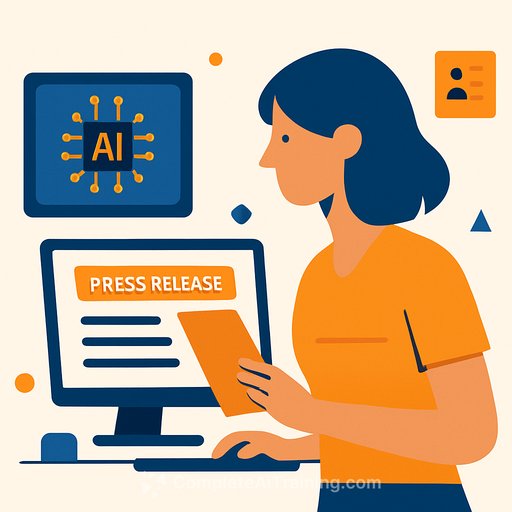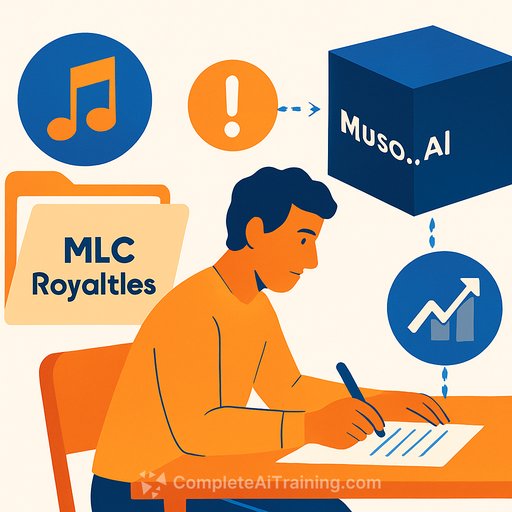How AI Supports Every Step of Thesis Writing
Artificial intelligence has transformed many areas of life, and academic writing is no exception. Specifically, AI-powered tools now help students navigate the often overwhelming process of thesis writing. This final project can be daunting, requiring months of research and careful drafting. But with AI, many of these tasks become faster and more manageable.
Writers developing AI tools focus on simplifying homework, assignments, and coursework. Among these, AI thesis writing services have gained attention for optimizing each phase of dissertation creation. Here’s a clear breakdown of how AI assists throughout the thesis journey.
What Does AI Thesis Writing Entail?
AI thesis writing uses artificial intelligence to assist students from the earliest stages through final submission. It starts with generating topic ideas based on current research trends and personal interests. This helps students find a clear direction early on.
During research, AI scans extensive databases to gather relevant studies, saving time and ensuring access to trustworthy sources. When writing begins, AI tools guide structure, improve flow, and refine style to meet academic standards. They also manage citations and format bibliographies, easing one of the most tedious parts of thesis completion.
Step-by-Step: How AI Facilitates Thesis Writing
- Brainstorming Ideas: AI analyzes research trends and prompts students with relevant topics, helping narrow down choices and encouraging fresh perspectives.
- Research Assistance: AI tools summarize articles, highlight key points, and locate credible sources, streamlining the literature review process.
- Organizing the Thesis: Creating a logical outline becomes easier with AI, which helps arrange chapters and arguments clearly.
- Drafting Content: With a solid outline, AI supports drafting sections like introductions and methodologies, while ensuring academic tone and clarity.
- Editing and Proofreading: Grammar, style, and coherence are checked by AI, offering suggestions that polish the writing without losing the student's voice.
- Plagiarism Detection: AI tools scan content against vast databases to confirm originality and uphold academic honesty.
- Citation and Bibliography Management: Automating references in formats like APA or MLA reduces errors and saves time.
- Final Review: AI assists in tracking changes and reviewing the thesis for logical flow, ensuring completeness before submission.
What usually takes months can be condensed to days or even hours with the right AI tools, making thesis writing less stressful and more efficient.
Ethical Use of AI in Thesis Writing
Using AI in academic writing requires careful ethical consideration. Plagiarism remains a critical issue—students must ensure their final work is original and properly cites all sources. AI-generated content should complement, not replace, personal understanding and effort.
Also, AI tools may provide outdated or inaccurate information. It’s essential to verify facts and cross-check with current research. Institutions often have policies regarding AI use; students should follow these guidelines and disclose AI assistance if required.
Balancing AI support with individual analysis preserves academic integrity and promotes genuine learning.
Conclusion
AI technology continues to evolve and supports various academic tasks, especially thesis writing. By handling research, drafting, editing, and citation, AI reduces the workload and time investment for students. When used responsibly, these tools enhance productivity while maintaining quality and integrity.
For writers and academics interested in integrating AI into their workflow, resources like edX’s AI courses offer practical insights. Exploring tools such as Grammarly and Zotero can also improve writing and citation management efficiently.





